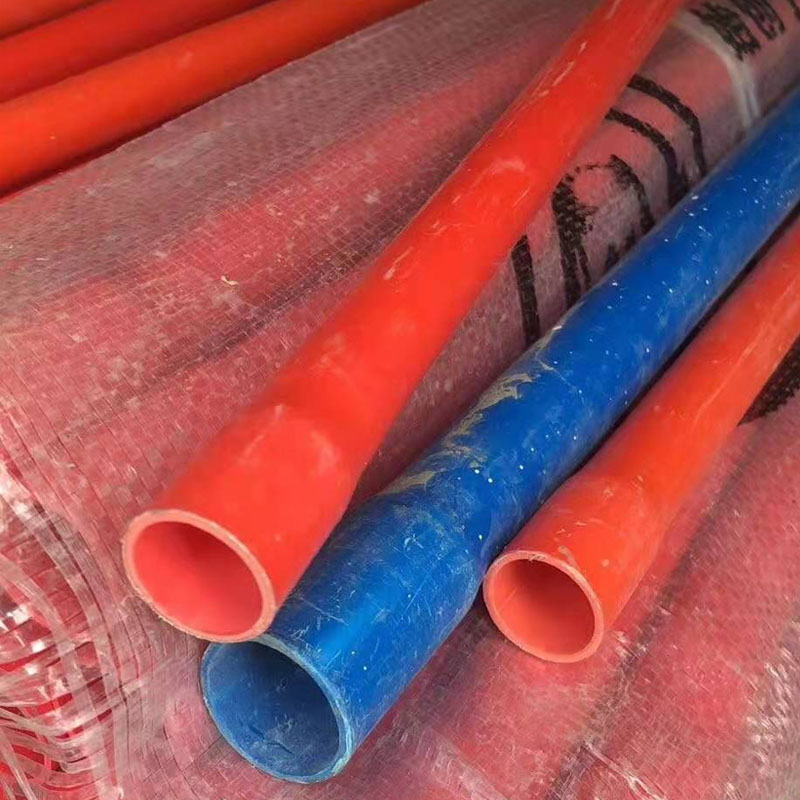Jul . 31, 2024 05:51 Back to list
High-Density Polyethylene Tubing and Pipe Solutions for Various Industrial Applications in China
The Growing Demand for HDPE Tube and Pipe in China
High-Density Polyethylene (HDPE) tubes and pipes have become increasingly significant in various industries across the globe, especially in China. As one of the largest producers and consumers of plastic products, China's market for HDPE tubes and pipes has expanded rapidly due to the material’s versatility, durability, and cost-effectiveness. This article will explore the reasons behind the growing demand for HDPE tube and pipe products in China, along with their applications and future trends.
Understanding HDPE
High-Density Polyethylene is a thermoplastic polymer made from petroleum. It is known for its high strength-to-density ratio and possesses excellent resistance to impact and chemicals. These properties make HDPE a preferred material for pipe manufacturing in numerous sectors, including construction, agriculture, and telecommunications.
Applications of HDPE Tubes and Pipes
1. Water Supply and Distribution One of the most prominent applications of HDPE pipes is in the water supply and distribution system. The pipes are lightweight, easy to handle, and can be installed underground with minimal disruption. Moreover, HDPE pipes are resistant to corrosion and have a long lifespan, making them an ideal choice for municipal water supply systems.
2. Waste Management HDPE is also widely used in sanitation and waste management. The pipes are utilized for sewage systems, stormwater drainage, and landfill applications, ensuring environmental safety and effective waste management practices. The impermeability of HDPE protects groundwater from contamination by toxic substances.
3. Irrigation Systems In China's agricultural sector, HDPE pipes play a crucial role in irrigation systems. Their flexibility allows for easy installation in various terrains, ensuring efficient water distribution for crops. The durability of HDPE also minimizes maintenance costs, making it a preferred choice for farmers.
4. Telecommunication HDPE tubes are increasingly used in the telecommunications industry for protecting and housing fiber optic cables. Their robustness and resistance to environmental factors ensure that the cables are safeguarded against physical damage and moisture, providing uninterrupted communication services.
china hdpe tube pipe

Advantages of HDPE Tubes and Pipes
The benefits of HDPE tubes and pipes contribute significantly to their increasing adoption in various applications. Some of the notable advantages include
- Durability HDPE has excellent tensile strength, making it resilient to external pressures and impacts. This durability ensures a longer service life compared to traditional materials. - Chemical Resistance HDPE pipes are resistant to a wide range of chemicals, making them suitable for transporting corrosive substances without risk of degradation.
- Cost-Effectiveness Despite being a high-quality material, HDPE is relatively inexpensive to produce and maintain. Its lightweight nature also reduces transportation costs.
- Eco-Friendliness HDPE is recyclable and environmentally friendly, aligning with the global push towards sustainable practices. The minimal energy required for its production and its ability to be recycled contribute positively to environmental conservation.
Future Trends
Looking ahead, the demand for HDPE tubes and pipes in China is expected to grow. Urbanization, population growth, and increasing infrastructure investments will drive the need for effective water supply and waste management systems. Additionally, advancements in manufacturing technology and a growing emphasis on sustainability will further enhance the adoption of HDPE in various sectors.
In conclusion, the expanding usage of HDPE tubes and pipes in China is indicative of a broader trend towards advanced and efficient material solutions. As industries increasingly recognize the benefits of HDPE, its role in shaping infrastructure and sustainable practices will become even more pronounced, fostering a more resilient and environmentally conscious future.
-
DN100 PVC Pipes for Well Casings - Durable & Corrosion-Resistant
NewsAug.22,2025
-
HORON 25mm PPR Plumbing Pipes: Durable, Reliable & Leak-Proof
NewsAug.21,2025
-
32mm HDPE Pipes in Coil: Flexible & Durable Water Supply
NewsAug.19,2025
-
Flexible 32mm HDPE Pipes in Coil - Durable & Easy Install
NewsAug.18,2025
-
HDPE Sprinkler Pipe Manufacturers - Quality & Durable Solutions
NewsAug.17,2025
-
Durable DN100 PVC Well Casing Pipes for Reliable Water Supply
NewsAug.16,2025

